
Welcome to our RHE/PSHE page!
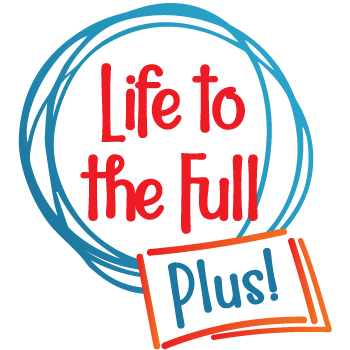
Intent:
At St Ignatius Catholic Primary School, we deliver a fully-integrated and holistic programme in RHE/PSHE that truly enables children to ‘live life to the full’. We live, teach and learn through our PEARL values which ensure we are all ‘Safe in God's hands’. We make links to the British Values and the 5 protected characteristics of age, gender, disability, race and religion/belief, ensuring we are fully inclusive.
We are Growth mindset school, which underpins the high expectations we have in encouraging our children to be proud of their successes as well as recognising that they are in control of their own learning. We want every child to learn to respect, believe and achieve and understand the importance of working hard while striving to be good citizens of their communities both in school, at home and in the wider world as they get older. We will strive for excellence in all we do. We will respect and support one another, embrace diversity and celebrate each other's talents and successes through a curriculum which underpins and develops these core values.
We have adopted Life to the Full Plus by Ten Ten Resources. Ten Ten is an award-winning Catholic educational organisation that is well-respected and very experienced in this field of work. Life to the Full Plus has been approved by our diocese, school governing body and parents. Furthermore, Ten Ten have entered into a partnership with the Catholic Education Service and the Department for Education to provide training for teachers in Catholic schools on the subject of the new statutory curriculum as well as the non-statutory add on’s, making this a fully integrated programme of study for our school.
Following the guidance of the Bishops of England and Wales and as advocated by the DFE (and the Welsh Assembly Government) RHE will be firmly embedded in the PSHE framework as it is concerned with nurturing human wholeness and integral to the physical, spiritual, emotional, moral, social and intellectual development of pupils. It is centred on Christ’s vision of being human as good news and will be positive and prudent, showing the potential for development, while enabling the dangers and risks involved to be understood and appreciated. All RHE/PSHE will be in accordance with the Church’s moral teaching. It will emphasise the central importance of marriage and the family whilst acknowledging that all pupils have a fundamental right to have their life respected whatever household they come from. It will also prepare pupils for life in modern Britain.
Our Programme Pathway delivers the full programme over 3 terms every year through a spiral/strand curriculum. This means that the full learning stages are run twice (e.g. the full KS1 programme is run with Year 1 and then repeated with Year 2) for RHE and progression throughout the year groups in the PSHE non-statutory curriculum add ons . Children change and grow; their level of engagement will increase as they develop their social, moral, cultural and spiritual awareness and understanding. Through differentiated repetition and progression of skills and knowledge, the learning will be embedded as children build upon what they have previously learned. Some sessions can be omitted one year if the we feel that children are not quite ready, or they have surpassed that stage of learning; similarly, particular focus can be given to certain topics if we feel that is needed.
- know how to be healthy both emotionally and physically
- how to manage their academic, personal and social lives in a positive way
- what it means to be fully human living in right relationships with self and others
- be enabled to make moral decisions in conscience.
- understand the fundamental building blocks and characteristics of positive friendships, family relationships, and relationships with other children
- understand families and the people of who care for them
- have caring friendships,
- have respectful relationships,
- have the skills, knowledge and understanding to be safe members of their communities and society (including online)




Implementation:
Within each learning stage, there are three Modules which are based on the Model Catholic RSE Curriculum:
MODULE 1: Created and Loved by God
MODULE 2 :Created to Love Others
MODULE 3: Created to Live in Community
Each module is broken down into Units of Work which teachers will either teach in one stand-alone lesson every week or over a few shorter sessions depending on the unit of work. We follow a prescribed pathway with programme overviews (see above) which link directly to the session pages on the website.
Parents are regularly updated with ‘key decision lessons’ through letters sent home, where particularly sensitive topics that are to be taught are shared with parents. This allows an opportunity for parents and carers to discuss any concerns they may have with their child’s teacher, the subject lead or SLT (if needed) so parents and carers so any worries or issues that may arise from the sessions are planned for appropriately.
Impact:
The impact of RHE/pshe teaching at St Ignatius will ensure our children will…
- embrace the challenges of creating a happy and successful adult life
- have the knowledge that will enable them to make informed decisions about their wellbeing, health and relationships
- build their self-efficacy
- be able to put their knowledge into practice as they develop the capacity to make sound decisions when facing risks, challenges and complex contexts
- develop resilience, to know how and when to ask for help, and to know where to access support
- have a deep understanding and uphold the Christian beliefs in the unique dignity of the human person made in the image and likeness of God
- will reflect Gods beauty and understand they share in God’s divine creativity
Class Big books
Each class has a Big Book where they keep a ‘scrapbook’ of practical lessons and awareness weeks and days which both support and cross over with RHE and the non-statutory PSHE objectives. These are built upon throughout the year and are a running record for both children and staff serving as reminders/consolidation and evidence of the learning throughout the year.
Exercise books
Each child has a RHE/PSHE exercise book where worksheets and tasks are recorded throughout the year. Each module has a cover sheet. There is an expectation that the learning objective for the session is either on the worksheet or stuck into the books. The children record both their RHE and PSHE lessons in these books. They are expected to present their work (at least) within year group expectations for writing, spelling etc as well as opportunities to extend greater depth pupils. Adaptations are made for SEND/EAL pupils either through scaffolds, other resources or in other small groups or 1:1 sessions with well trained staff or the subject lead, so all children are sufficiently challenged and able to access the learning.
Glossary of terms document
The terminology as set out in Ten Ten resources should be adhered to by all staff throughout the school. Children and staff must all be aware of key words in each lesson and definitions adhered to. This gives both children and staff the knowledge, skills and confidence to talk openly as well as support them in being able to disclose for safeguarding reasons as well as ensure consistency and progression of skills. Words often have shades of meaning depending on their context and this document serves to share with you the meanings that are intended. As such, the definitions are written as if for children, with the meanings that should be evident to them through the sessions. The same word may be explained to children slightly differently depending on their age, so the document is split into Key Stages to show age-appropriate definitions.
RHE/PSHE folder
Every class has a green RHE ring binder folder which contain the same documents (relevant to the key stage/year group) such as the programme pathway, progression of skills and the glossary etc. Any other evidence such as wellbeing surveys, audits and PSHE tasks should be kept in this file also.
Teaching
One stand-alone lesson is taught once a week. Our chosen Programme Pathway requires class teachers to plan lessons a little more carefully by ensuring that the content is age appropriate. It is differentiated from previous learning the year before within key stages as set out in the programme pathway and curriculum map for each module. Teachers plan well in advance to allow for consultation with the co-ordinator and the senior leadership team around key decisions within the curriculum as well as parent consultation/communication as directed by the needs of each cohort.
Assessment
There is one Assessment Activity for each Unit of sessions within each module. The activities take into account the learning objectives of the sessions within the unit and provide before and after evidence that learning has taken place. The activity is completed before the first lesson of each unit of lessons, and then it is revisited the again after the series of lessons to assess the learning that has taken place. This is an opportunity for open discussion with children and their teachers about how they have progressed and built on prior learning.
Formative
All children are actively involved in AFL through prescribed and planned assessment tasks completed at the beginning and end of each unit of work for each module throughout the year within the Ten Ten curriculum.
Aims, objectives and learning outcomes are discussed with the children in each lesson as well as at the beginning and end of each unit. The children get a combination of verbal and written feedback (marking) on their performance enabling them to self-assess their performance, knowledge and understanding in relation to agreed criteria.
Summative
All children are assessed using the Ten Ten assessment activities worksheets. This allows teachers to keep track of children’s learning as well as differentiate and build upon prior learning/fill gaps. Teachers use the progression of skills map for their year group to map and collate assessment data in relation to each learning objective throughout the year.
CPD
We subscribe to the CPD package provided by TenTen which both trains staff who are new to the programme as well as providing general CPD from ‘Deep Dives’ to government updates. These sessions cover content that is relevant to everything we subscribe too including ‘Collective Worship’ and is regularly updated.
In addition to our Life to the Full Plus programme, we have a variety of events throughout the year to enhance our PSHE provision, these include:
- Visits by the dentist
- Visits from the fire service
- Childline workshops
- Scooter Training
- Bikeability Training
- Junior Citizen Event
- Online Safety workshops
- Drugs and alcohol workshops
To help children and parents navigate the difficult times that we continue to find ourselves in, there are lots of resources, video links and websites in the 'Wellbeing' section of the school website to help you and your children manage any anxiety that you may be feeling.
At St Ignatius we follow a 'Growth Mindset' approach and we believe in 'The Power of Yet'. In each classroom there is a Growth Mindset display. We celebrate those pupils who have a growth mindset in our 'Proud Cloud'.
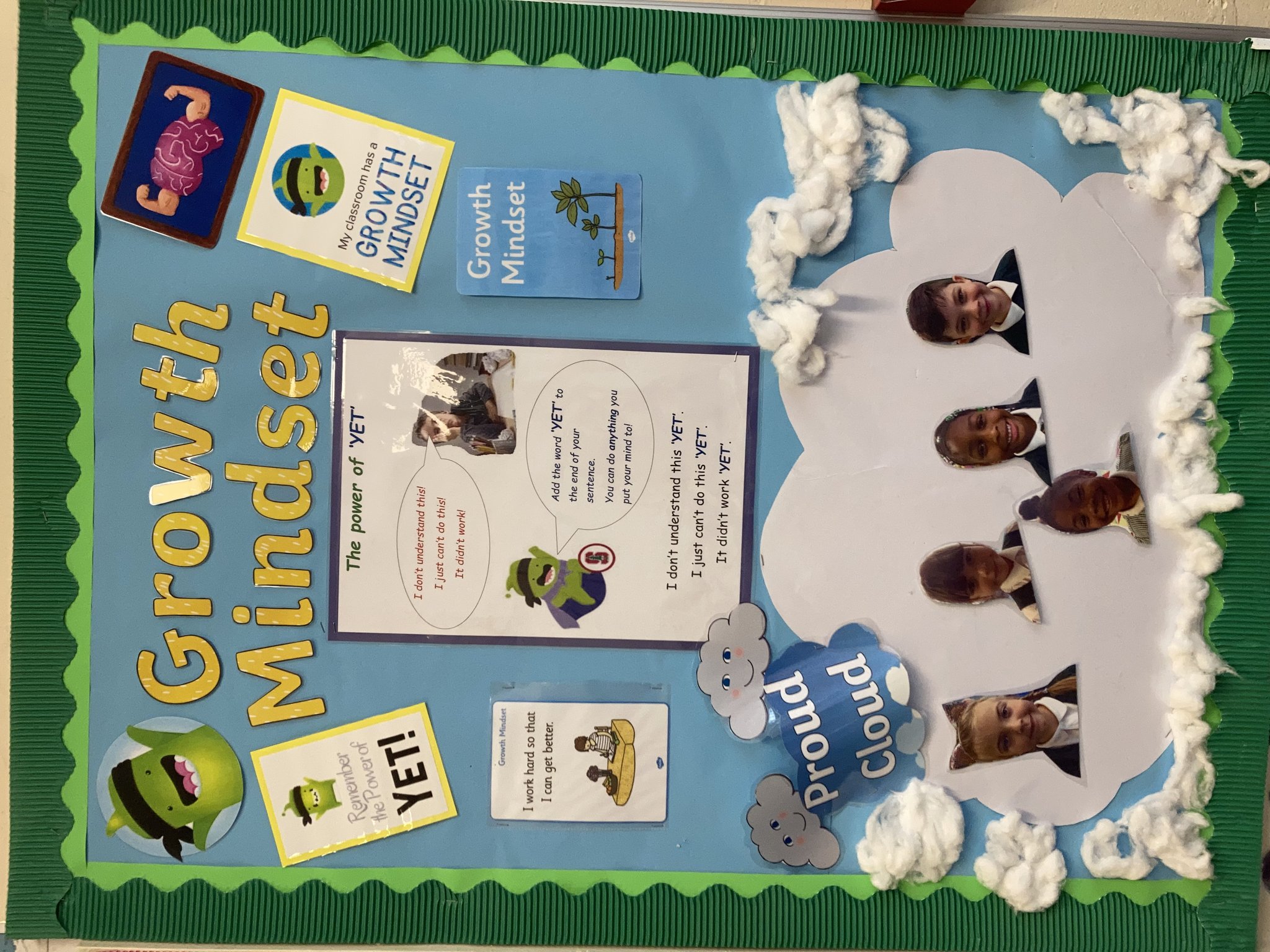
ANTI-BULLYING WEEK
Every year, we take part in Anti-bullying week to ensure that children understand what bullying is and how it can be prevented. The children take part in age appropriate lessons to discuss how we can celebrate differences and why our differences make the world a better place. We discuss how bullying can effect others socially, emotionally, mentally and physically and they know who they can talk to if they are having problems. Crucially, our older children learn about Cyber-bullying and how they can protect themselves online.
The children are always excited to take part in 'Odd Socks Day' which helps them to recognise that we are 'All different and All equal'.
Anti-Bullying Week 2023
This year the theme was ‘Make A Noise’. The idea of the week was to raise the profile of what bullying is and how it can be dealt with. We want to ensure our children know the difference between bullying behaviours and bullying as well as keep them up to date with how to spot it when it’s happening and what they can do to help themselves and each other.
Odd Socks Day
We kicked off the week with odd socks day, where our diversity and difference was celebrated while highlighting how our school comes together to support each other.
The school council delivering the whole school assembly
Using our school mantra, ‘See it! Say it! Stop it!’, we hope to give our children the confidence to not only report bullying but to also help others if they see it happening to them. It is also important that parents and carers are part of the conversation too. We recognise that you are your child’s primary teacher and want you to feel confident that your child is properly protected and has the necessary skills and knowledge to help themselves and others in the school community.
Please do not hesitate to speak to your child’s class teacher if you are ever concerned about bullying behaviours or if you are concerned your child may be being bullied.
Children learnt:
- How our school supports them and who they can go to for help
- How to ‘Make A Noise’
- To understand what bullying is and the types of bullying e.g., online, in person, individuals or a group
- To understand the difference between ‘banter’ and ‘bullying’
- How to empathise and empower themselves and others
Banter, is a term used by children and adults alike. The children learnt the difference between banter (a joke) and where real intentional harm can be caused when it is taken too far.
It’s not banter if:
1. You would be upset if someone said it to you;
2. It’s hurtful;
3. You’re not friends;
4. Someone’s asked you to stop;
5. The target isn’t laughing;
6. It focuses on someone’s insecurities
Who can our children talk to?
The children were reminded of the importance of making a noise about bullying.
Speaking out, speaking up for those who need support from their peers as well as having the confidence and skills
needed to speak up for themselves too!
Our children know that they can always speak with school staff and trusted adults to share their concerns and are aware of who those adults are.
Policies and other information
Don’t forget that you can access the schools Anti-bullying policy on the school website. Just click on the link below.
https://stignatiuscatholicprimary.co.uk/key-information/policies
Click on the link below to understand more about the theme and focus of anti-bullying week this year.
https://www.youtube.com/watch?v=VkU2xYJKQq4
Here is a link to the anti-bullying week song and dance the whole school learnt and then performed at the end of anti-bullying week.
https://www.youtube.com/watch?reload=9&app=desktop&v=6QObE0zvN_E
Here is the link to the parent/carers pack shared with you all during that week.
https://anti-bullyingalliance.org.uk/sites/default/files/uploads/attachments/Anti-Bullying%20Week%202023%20-%20Parent%20Pack%20FINAL.pdf
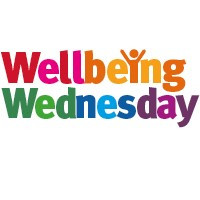
Wellbeing Wednesday:
Each week we have a particular focus on Wellbeing which is shared on Class Dojo. Our mental wellbeing as well as our physical wellbeing is very important. Each Wednesday we will share with you some ideas of how to keep mentally well, whether it is through music, prayer, exercise or emotionally support.
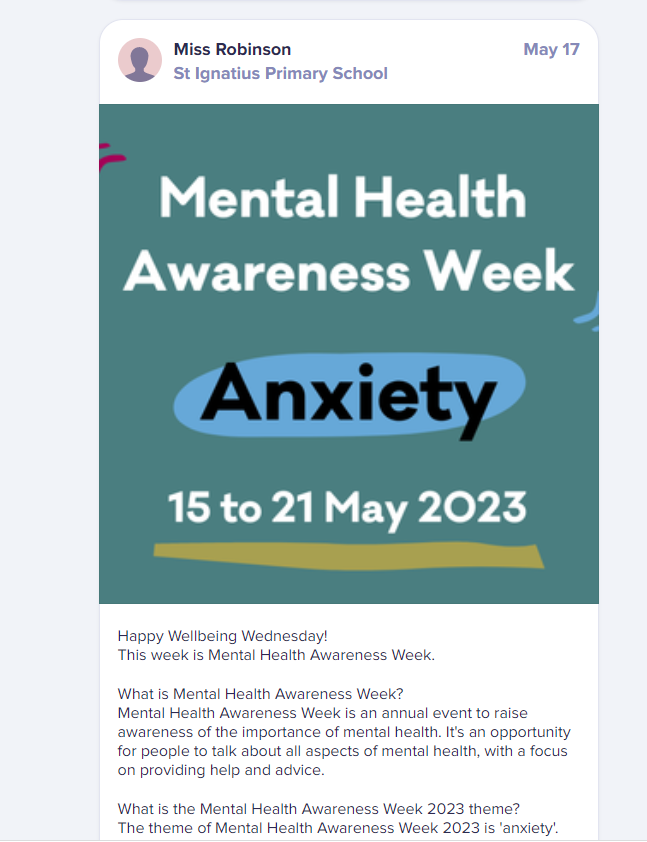
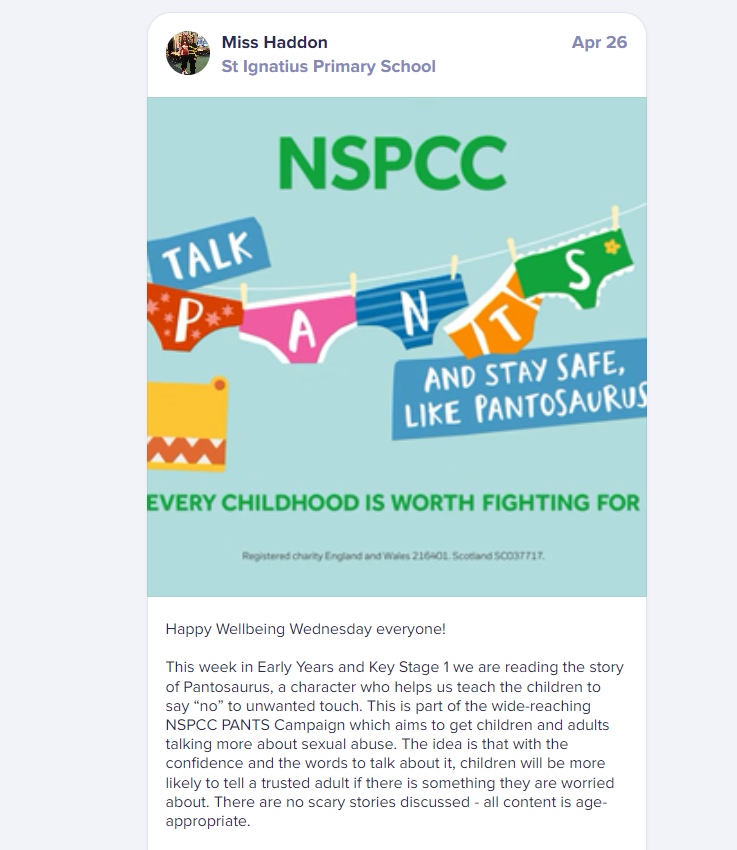

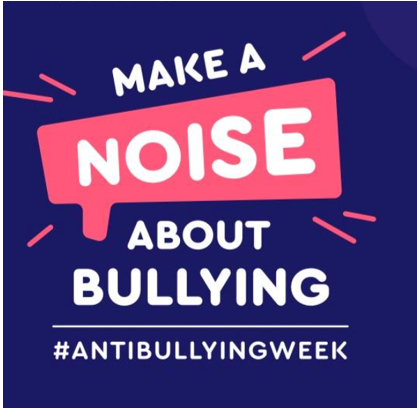
.PNG)
.PNG)
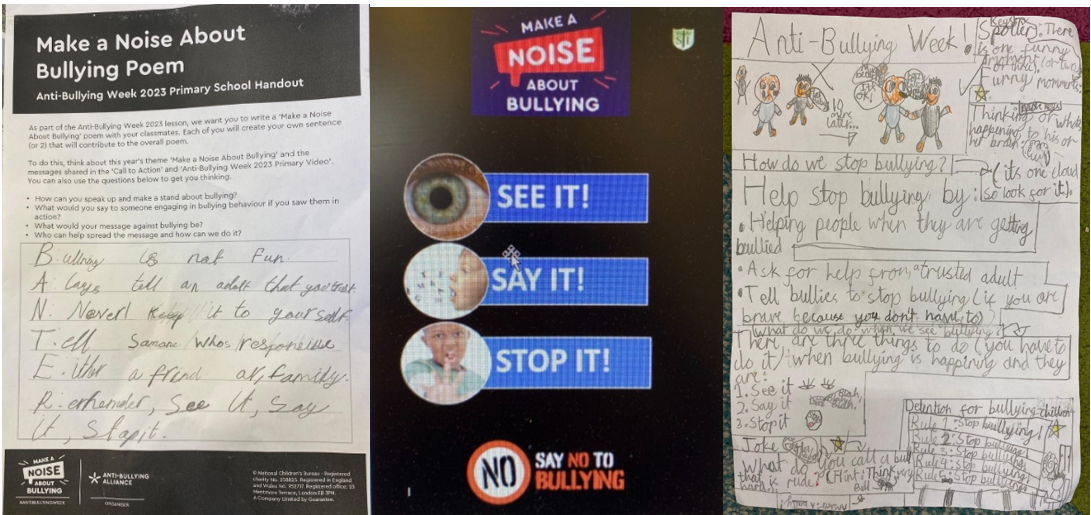
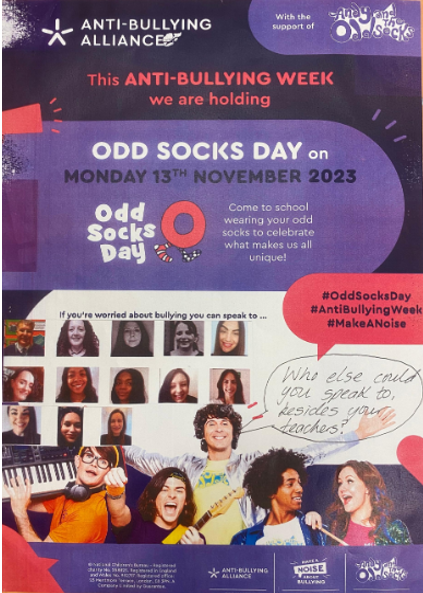
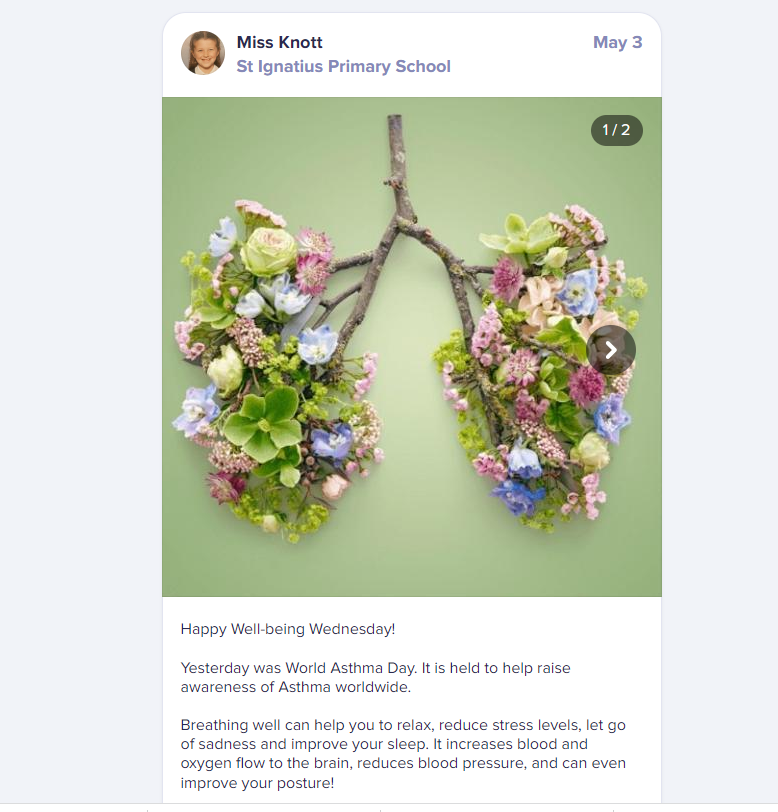
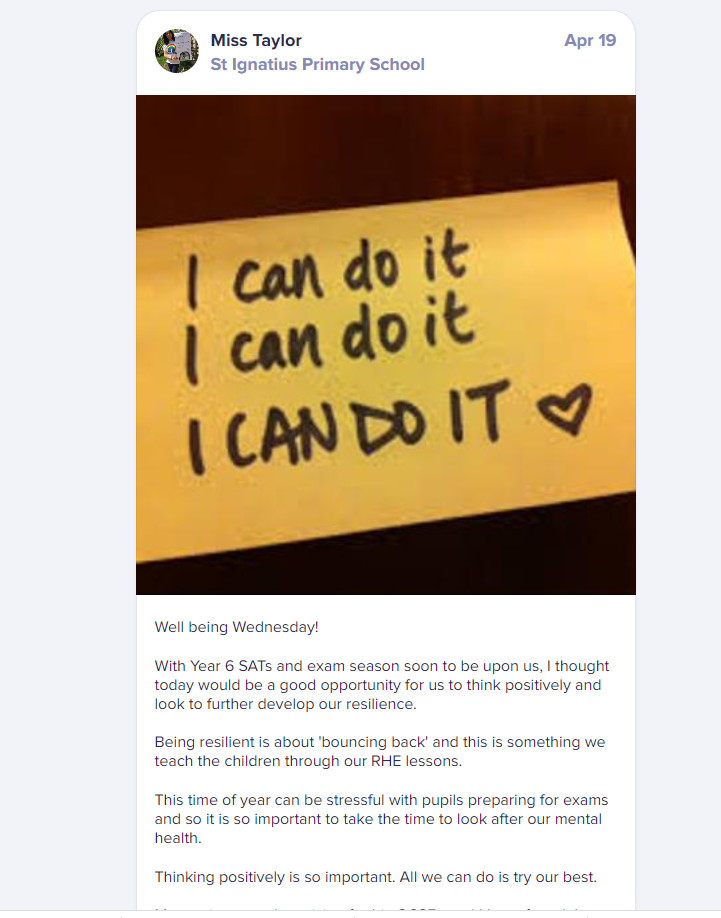
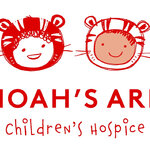

_0.jpg)
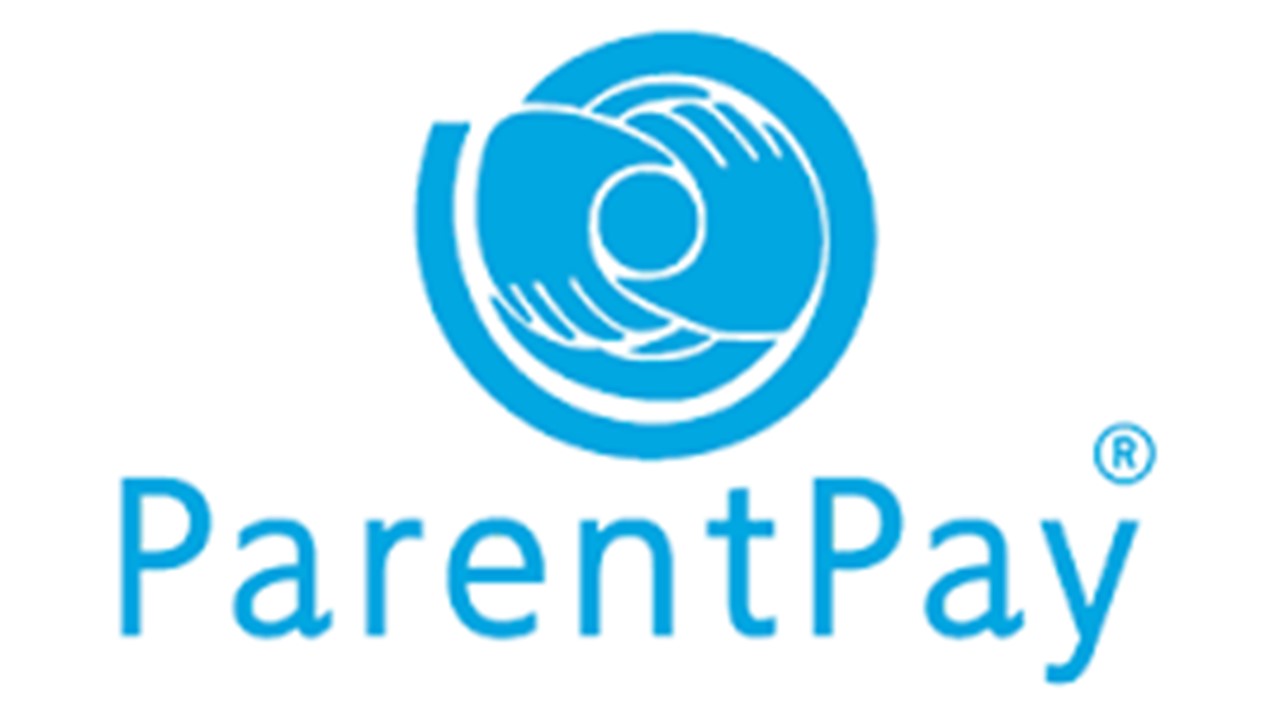
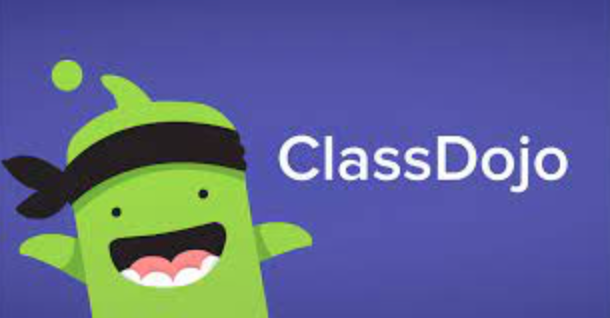
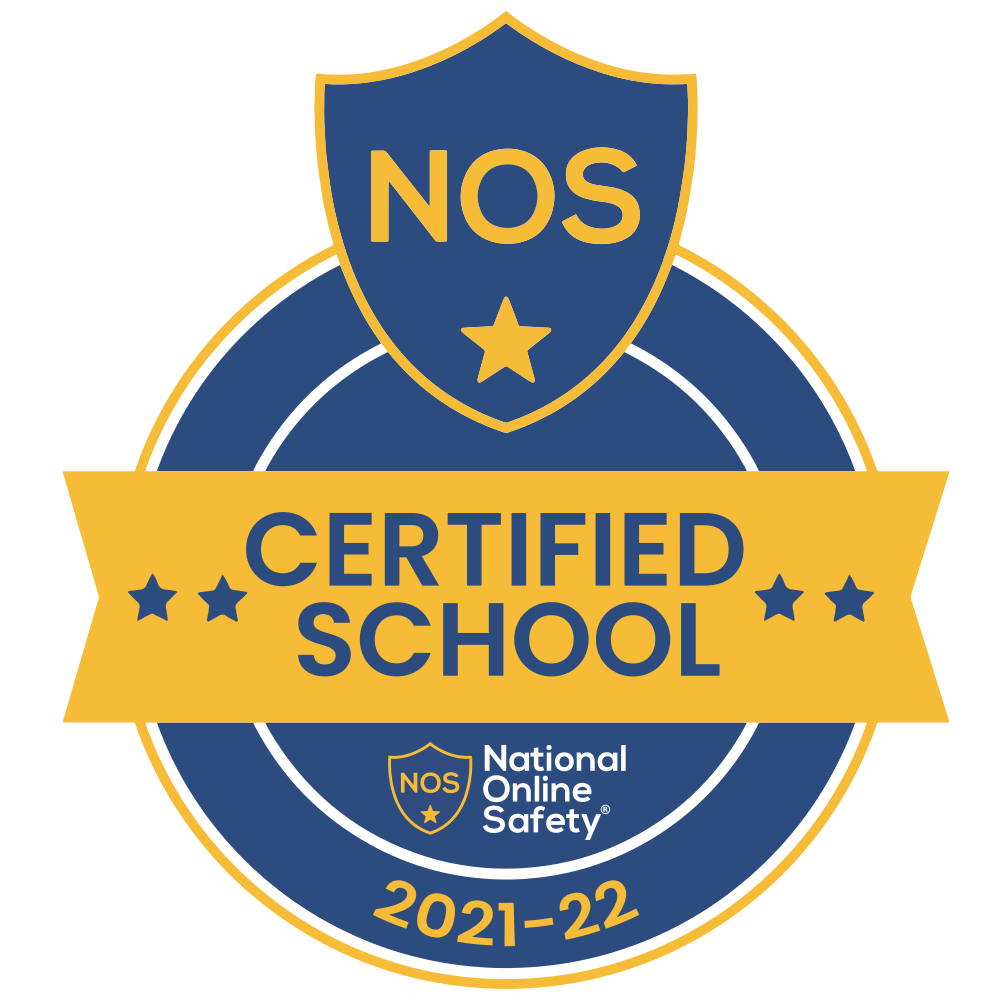
.jpeg)
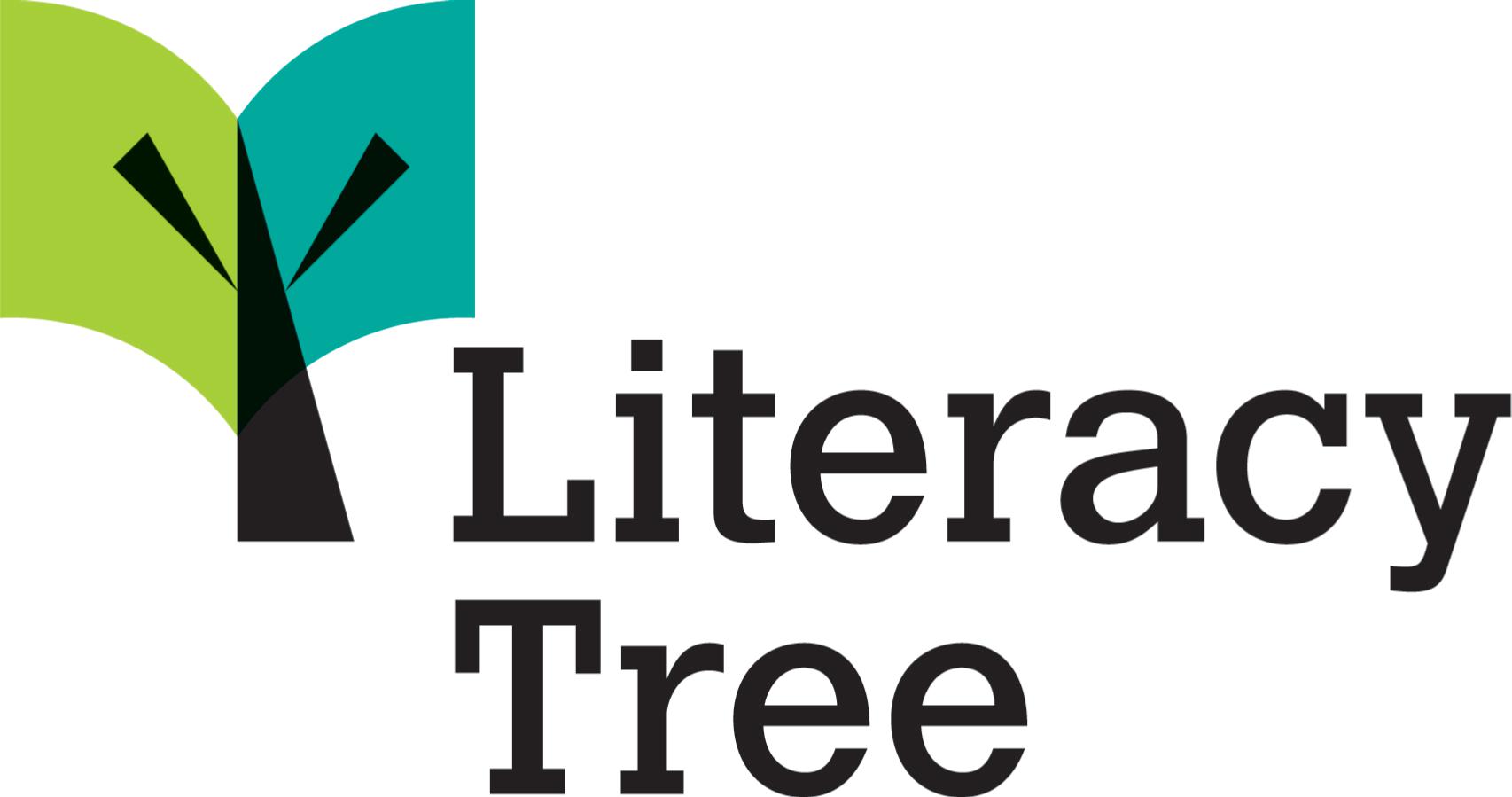
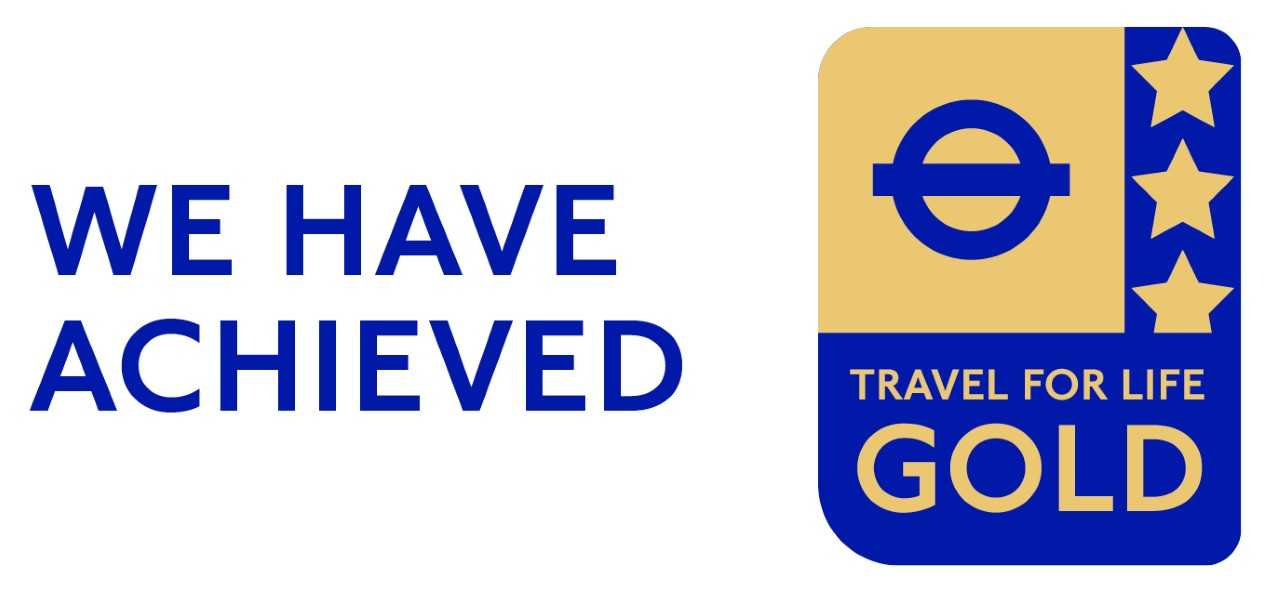
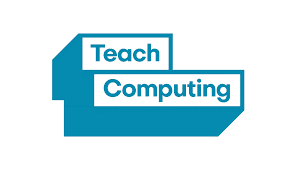
.jpg)
.png)
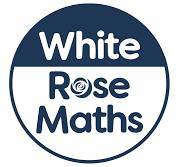
.jpg)

